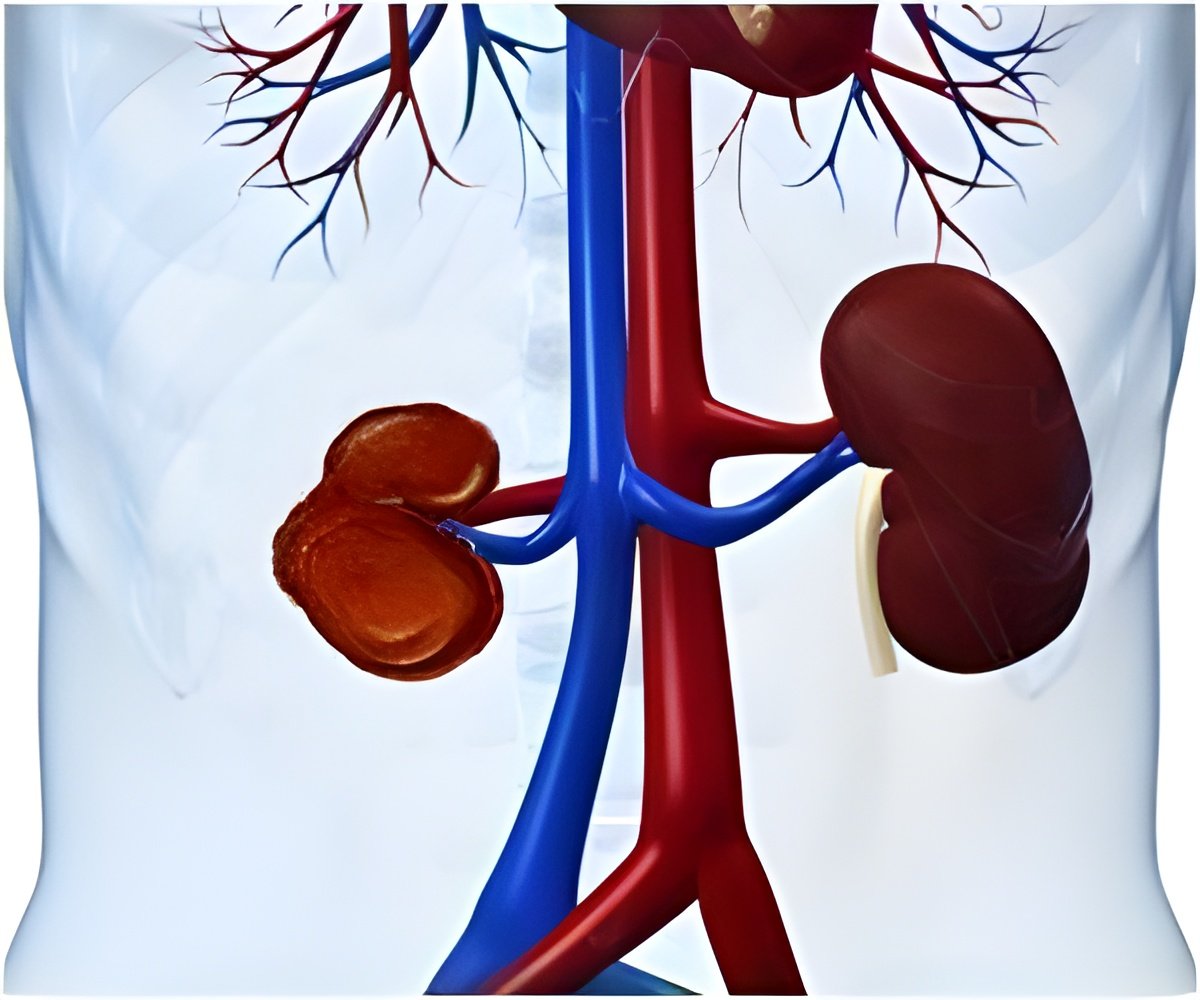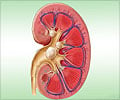A common form of kidney disease can be effectively treated with the help of a new drug developed by researchers at UC Santa Barbara.

Over 600,000 people in the U.S., and 12 million worldwide, are affected by the inherited kidney disease known as autosomal-dominant polycystic kidney disease (ADPKD or PKD). The disease is characterized by the proliferation of thousands of cysts that eventually debilitate the kidneys, causing kidney failure in half of all patients by the time they reach age 50. PKD is one of the leading causes of renal failure in the U.S.
The research effort was directed by Thomas Weimbs, associate professor in the Department of Molecular, Cellular, and Developmental Biology. He has been studying the disease for more than a decade. The current findings build on research performed in 2006 in the Weimbs lab, showing that the drug rapamycin, which has been in use for years as an immunosuppressive agent, was highly effective in stopping disease progression in mouse models of polycystic kidney disease.
Source-Eurekalert















